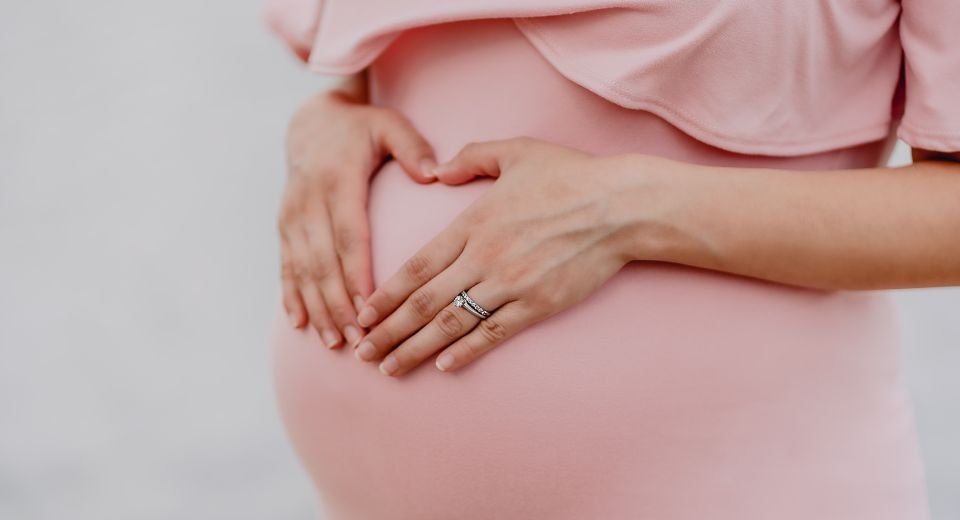HQ Team
December 7, 2023: About 40 million women, or one-third, were likely to have a long-term childbirth-related health problem, which is often ignored in clinical research, practice and policy, a Lancet report quoted by the WHO stated.
The WHO, quoting a new study published in The Lancet Global Health, reported a high burden of postnatal conditions that persist in the months or even years after giving birth.
These conditions include pain during sexual intercourse affecting more than a third (35%) of postpartum women, low back pain (32%), anal incontinence (19%), urinary incontinence (8-31%), anxiety (9-24%), depression (11-17%), perineal pain, fear of childbirth, and secondary infertility.
“Many postpartum conditions cause considerable suffering in women’s daily life long after birth, both emotionally and physically, and yet they are largely under-appreciated, under-recognised, and under-reported,” said Dr Pascale Allotey, Director of Sexual and Reproductive Health and Research at the World Health Organization.
“Throughout their lives, and beyond motherhood, women need access to a range of services from health-care providers who listen to their concerns and meet their needs – so they not only survive childbirth but can enjoy good health and quality of life,” she said.
Access to postnatal care
The authors called for greater recognition within the healthcare system of these common problems, many of which occur beyond the point where women typically have access to postnatal services.
They argue that effective care throughout pregnancy and childbirth is also a critical preventive factor to detect risks and avert complications that can lead to lasting health issues after birth.
“Despite their prevalence, these conditions have been largely neglected in clinical research, practice and policy,” according to the report.
During a review spanning the last 12 years, the authors identified no recent high-quality guidelines to support effective treatment for 40% of the 32 priority conditions analysed in their study and found not a single high-quality guideline from a low- or middle-income country.
Data gaps were also found to be significant. There were no nationally representative or global studies for any of the conditions identified through the research.
Available data was largely limited to higher-income countries, and total figures may underestimate the true burden of these conditions. Approximately 140 million women give birth globally every year, according to the study.
Racial, gender inequities
The report which is a series, titled Maternal health in the perinatal period and beyond, called for greater attention to the long-term health of women and girls – after and before pregnancy.
According to its opening paper, a holistic approach is needed to reduce maternal deaths, focusing not only on their immediate biomedical causes but also on the complex interplay of broader social, economic and environmental conditions that affect women’s health.
These include factors like racial and gender inequities as well as economic context, nutrition, sanitation, environmental risks, or exposures to violence and conflict.
Lack of attention to such fundamental issues helped explain why 121 out of 185 countries have failed to significantly progress in reducing maternal deaths over the past two decades, the report stated.
“Maternal health is not just something that we should start worrying about when the pregnancy bump appears,” said Joao Paulo Souza, Centre Director of the Latin American and Caribbean Center on Health Sciences Information (BIREME) for PAHO/WHO and one of the authors.
“There are many factors that influence the likelihood a woman will have a healthy pregnancy, from the environment around her to the political and economic systems she lives in, or access to nutritious food and the level of agency she has over her life – all of these need to be addressed to improve her health, alongside access to high-quality healthcare throughout life.”








